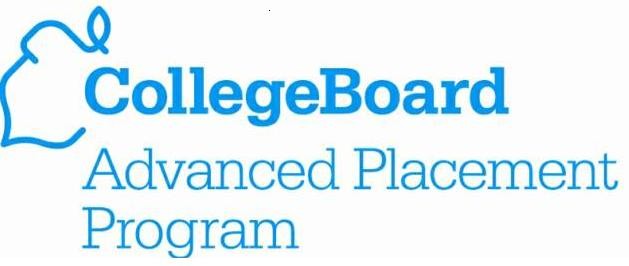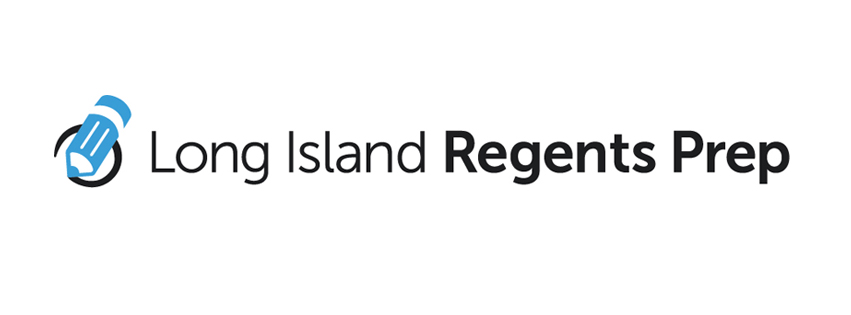According to the
National Council for Social Studies, the main purpose of
social studies education is to provide students with the "content
knowledge, intellectual skills, and civic values necessary for fulfilling the
duties of citizenship in a participatory democracy." In general, it
is the goal of public education to prepare students to live in our democratic
society, but it is specifically the province of social studies education to
provide students with the skills and knowledge to participate fully
in all levels of society, from local to global. Given the importance
of social studies, it seems surprising that the New York State Board of
Regents is thinking about making the Global History and Geography Regents exam
optional. In a recent
Wall Street Journal article, NYS Education Commissioner John King said, "There's certainly going
to be a lot of jobs in the future in the fields of science, technology,
engineering and mathematics, and this new pathway will encourage districts and
schools to create additional opportunities for their students to pursue those
areas." While this might be true, King and the Board of Regents fail
to realize the importance of learning and understanding global events in our
increasingly interconnected world.
Currently, New York State requires students to pass two
social studies Regents exams, one on Global History and Geography and another
on United States History and Government. Despite their flaws, namely the
reductionist nature of requiring students to demonstrate their knowledge of
complex national and international issues through series of multiple choice
questions and short essays, these social studies exams require schools to focus
on citizenship education, without which students would be ill-prepared to
participate fully and competently in a democratic society.
The Global History and Geography Regents
exam, a three-hour test, includes fifty multiple-choice questions and two
essays, one thematic essay question and document-based essay question (DBQ).
This exam, usually taken in 10th grade, assesses students on two years of
global history content and includes the following topics: The Ancient
World (Ancient Civilizations of Asia, Africa and Europe); Expanding Zones
of Exchange and Encounter (from the Gupta Empire to the Crusades); Global
Interaction (the interaction of the Japanese, Mongol and African Civilizations,
and the Renaissance); The First Global Age (the Ming, Ottoman, Spanish,
Portuguese and Mesoamerican empires); Age of Revolution (the Scientific
Revolution, the Enlightenment, political revolution, nationalism, industrialism
and imperialism); Crisis and Achievement (World War I, the Russian
Revolution, rise of dictatorships in Europe, the rise of nationalism in Asia and
the Middle East, and how World War II affected the world); 20th Century Since
1945; and Global Connections and Interactions (overpopulation,
urbanization, globalization, ethnic rivalry and other economic and political
issues).
The United States History and Government Regents
exam is the same length and format as the Global Regents exam, but it
is typically taken at the end of 11th grade. The U.S.
history course and exam include the following content: Colonial
America, Constitutional Foundations, the Bill of Rights, basic
democratic structure and constitutional principles, federalism, sectionalism,
slavery, the Age of Jackson, antebellum reform movements (e.g., Abolitionism),
the Civil War, Reconstruction, Industrialization, the New South,
the Rise of Industry, Business and Labor, urbanization, Social
Darwinism, arts and literature, the changing patterns of immigration, the Last
Frontier, Agrarian Protest, the Progressive Movement, Women's
Suffrage, imperialism, World War I, the 1920s and return to "normalcy,"
the Great Depression and the New Deal, World War II, the Cold War, postwar
America, Civil Rights, Kennedy's New Frontier, Johnson's Great
Society, the Vietnam War, Nixon, Reagan and
the Conservative Ascendancy, and a study of 21st Century domestic
issues, foreign policy, economic and political issues.
As social studies teachers, we understand the
importance of this subject and hope that the NYS Board of Regents will decide
to keep both exams mandatory for graduation to ensure that students continue to
learn the skills and content associated with citizenship education.
Additionally, regardless of the Board's decision, we will continue to
offer
review
classes for both social studies Regents exams. To view our
2012
Regents review course schedule, click here.
